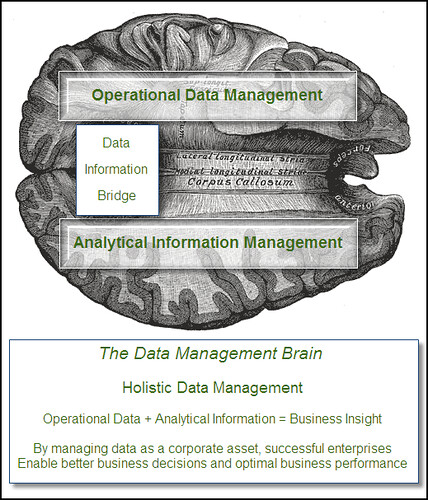With the proliferation of the newer, generic CRM systems into the NFP marketplace (i.e. Salesforce, Microsoft CRM etc), it can be easy for a smaller charity who has never before had the opportunity to use such powerful systems to believe that such systems are so easy to use that they won't even need a "database manager". Please don't believe that. You will need someone, whatever they are called, to manage the database/data to some extent, no matter what size you are.
Just because you are going to run the new database through your browser - which may indeed make it more user-friendly on some occasions - that doesn't mean that it will be so easy that it will "run itself". Someone in your organisation still needs to "manage" it in one way or another.
The good news is that with some of these systems (and indeed, some 'traditional fundraising databases'), such a person doesn't have to be an old-school techie. They possibly won't need to write SQL code, learn a complex report writer or understand entity-relationship diagrams. But they will need to be "data aware" - data savvy as I often call it. In fact, job titles such as "Data Manager" and "Head of Data" are often more accurate and more suitable than "Database Manager" or "Database Administrator".
This is because someone still needs the following attributes: to be able to understand how data is structured and recorded on the system; to be able to review a new user request and then recommend whether a new field is added or whether new codes should be appended to an existing look-up table; to understand and interpret what benefits the new database can bring to your fundraisers and fundraising. To control duplicate records... Someone still needs to have some level of control so that not every user of the system is adding data (and codes) in any old way they want (because it is so easy to do so now…) And so on.
Because if you don't have good data, standardised procedures and trained users who understand what they are doing on the database, then don't be surprised if you can't create the reports you need, or you take much longer to segment the database for targeting your donors - or, after a few months of installing the new system, you find your users criticising it because it isn't what they were promised…
The database - and the data - is the very base of a charity's infrastructure for their information needs. New CRM systems may make data management easier but you still need someone to manage that.

No comments:
Post a Comment